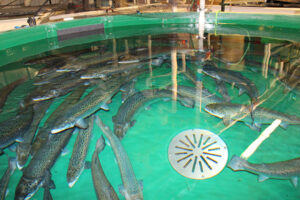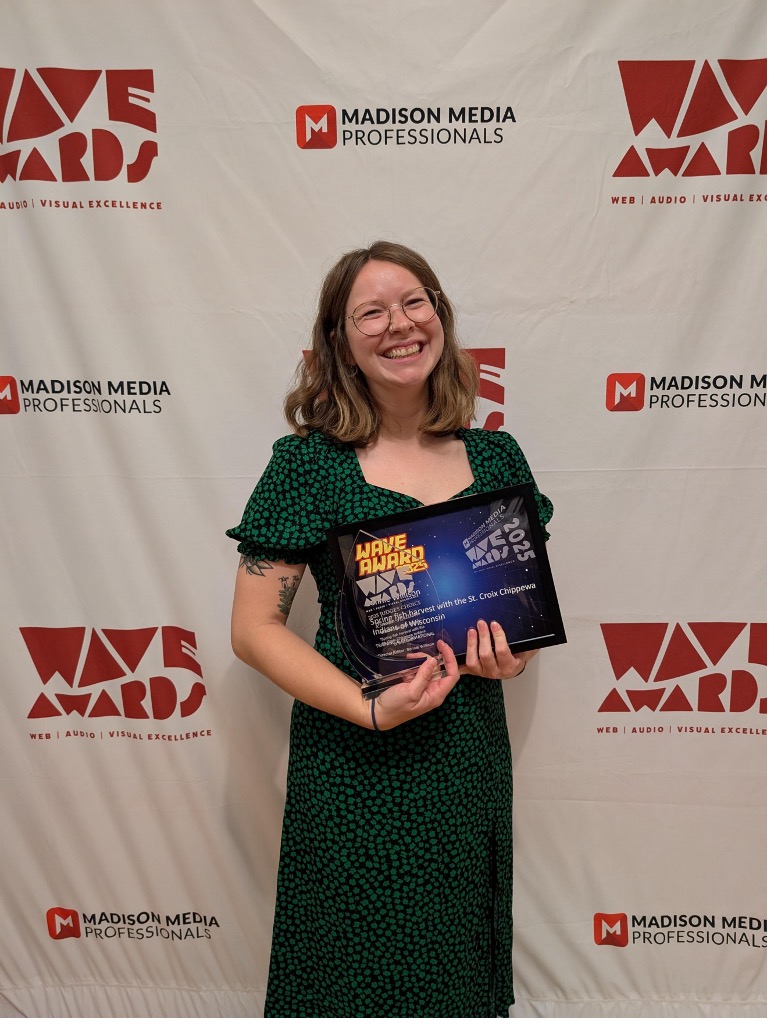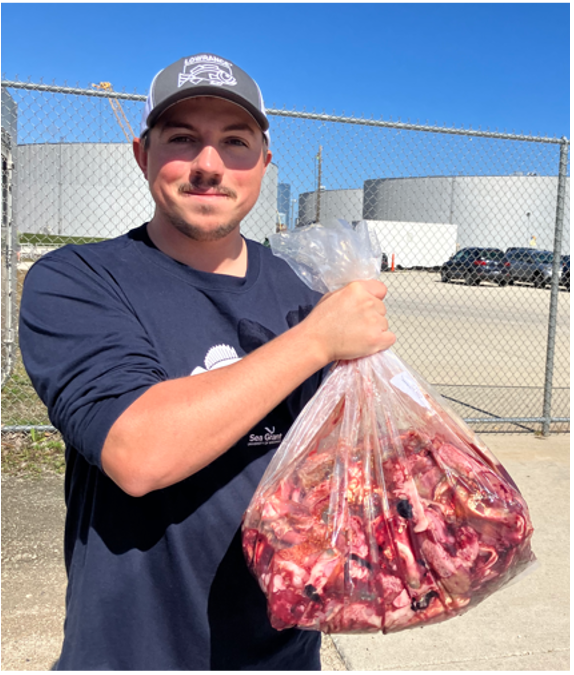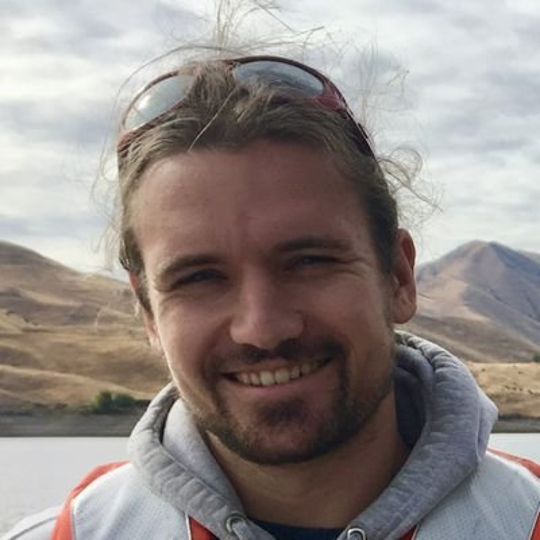Many Wisconsinites may be surprised to learn that the state’s agricultural sector includes seafood raised on land, such as Atlantic salmon. Fish farming—also known as aquaculture—here in the U.S. is one way to reduce America’s reliance on imported seafood. Estimates, depending on how they are calculated, indicate that between 65% and 90% of seafood consumed in the U.S. is imported. In addition to this trade deficit, this situation means that seafood often travels great distances to reach your plate.
A free, online panel discussion hosted by Wisconsin Sea Grant will look at one form of sustainable fish farming known as recirculating aquaculture systems. “Fish on land? The growth of land-based fish farming” will take place Thursday, March 17, from 7 to 8 p.m. (central time) as part of Sea Grant’s “Lake Talks” series.
Registration is required and is open now. The hour will include time for audience questions.

Land-based water reuse systems, like the tanks shown here, can provide an optimal, carefully controlled environment for fish to thrive. Pictured here are Atlantic salmon. (Photo: NADF)
Also called RAS, recirculating aquaculture systems use large tanks and efficient reuse of water to raise fish on land. Recently, the U.S. Department of Agriculture has made major investments in furthering RAS research and workforce development, building upon earlier support from the National Sea Grant College Program, part of the National Oceanic and Atmospheric Administration (NOAA).
Attendees of the March 17 panel will learn about cutting-edge aquaculture research and outreach happening in Wisconsin. They will also gain a broader, national view of recirculating aquaculture and how it can help with America’s seafood trade deficit, provide nutritious food and reduce food’s carbon footprint.
Speakers will also address how U.S. fish farming and wild-caught fisheries can go hand in hand to supply sustainable seafood to American consumers. The evening will also touch upon the role that aquaculture plays through fish hatcheries that support recreational and commercial fishing and the recovery of imperiled species.
Panelists are:
- Emma Hauser, Aquaculture Outreach Specialist/Research Associate, University of Wisconsin-Stevens Point Northern Aquaculture Demonstration Facility and Wisconsin Sea Grant
- Dr. Catherine Frederick, Extension Associate for the Recirculating Aquaculture Salmon Network (RAS-N) and Sustainable Aquaculture Systems Supporting Atlantic Salmon (SAS2), University of Maryland Extension and the Institute of Marine and Environmental Technology
- Dr. Jesse Trushenski, Chief Science Officer and Vice President for Animal Welfare, Riverence; Past President and Fellow, American Fisheries Society
For Lake Talks event and registration information, visit the Sea Grant website, or follow Wisconsin Sea Grant on Facebook or Twitter. You can register for the March 17 presentation now.
For questions about this series, contact Wisconsin Sea Grant science communicator Jennifer Smith.





